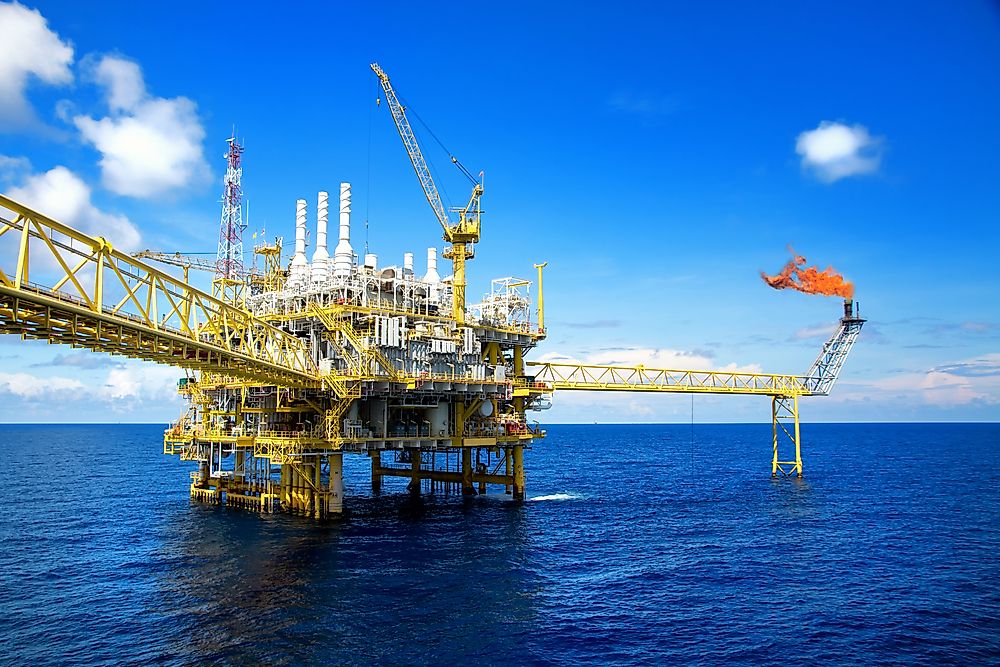What Is Peak Oil?

Peak oil is the maximum point of crude oil extraction, which is then followed by a declining rate of global oil extraction. After the point of peak oil is reached, the supply decreases while demand consistently increases. The “peak oil” theory was coined by American geologist M. King Hubbert in 1956. The basis of the peak oil theory is the observed fall, rise, depletion, and peak of aggregate crude oil production within a given time frame. According to Hubbert, the world’s oil production follows a bell-curve, and since crude oil is a non-renewable source of energy, its depletion is inevitable. It is difficult to state the exact date when peak oil will be reached, and therefore it is important for the world to begin to think about alternative sources of energy. It is believed that the world’s oil producers are nearing peak oil.
Challenges of Relying on Crude Oil
For decades, the world has been dependent on crude oil to run a majority of its industries such as manufacturing and transport. However, there are challenges associated with a reliance on crude oil. First, it is a finite source of energy because its supply is limited. Second, crude oil is a fossil fuel which releases carbon dioxide in the atmosphere and contributes to global climate change. Third, the extraction of crude oil poses the risk of oil spills, which cause land and water pollution. Finally, the process of crude oil extraction is dangerous and threatens the lives of oil workers.
Implications of Peak Oil Theory
An understanding of peak oil theory suggests that as the point of peak oil approaches, individuals will stockpile oil for future use. Consequently, there will be a shortage of oil, which will inflate prices. Although high prices will likely impact most nations, developing countries may suffer more than developed countries when oil production declines. The oil production industry will crumble, leading to the loss of jobs and a huge gap in world markets. The downfall of the industry will affect world economies since crude oil is a significant component of economic growth. Furthermore, fuel prices are directly proportional to food prices. Subsequently, the rise in fuel costs will also result in higher food costs. There is also a possibility that certain towns whose economies revolve around crude oil production will become ghost towns. Hence, there is a need to conserve crude oil energy since alternative methods of transportation do not currently have the capacity to replace automobiles that are dependent on petroleum.
Preparation for Peak Oil
The world needs to prepare for peak oil. This can occur through education about peak oil theory so that people understand the urgency of the issue. Such an understanding will also accelerate efforts towards investing in alternative sources of energy such as wind power, hydroelectric power, geothermal energy, biomass energy, and solar energy. Additionally, electric cars are a recent innovation that may help reduce the use of crude oil in the transport sector.











